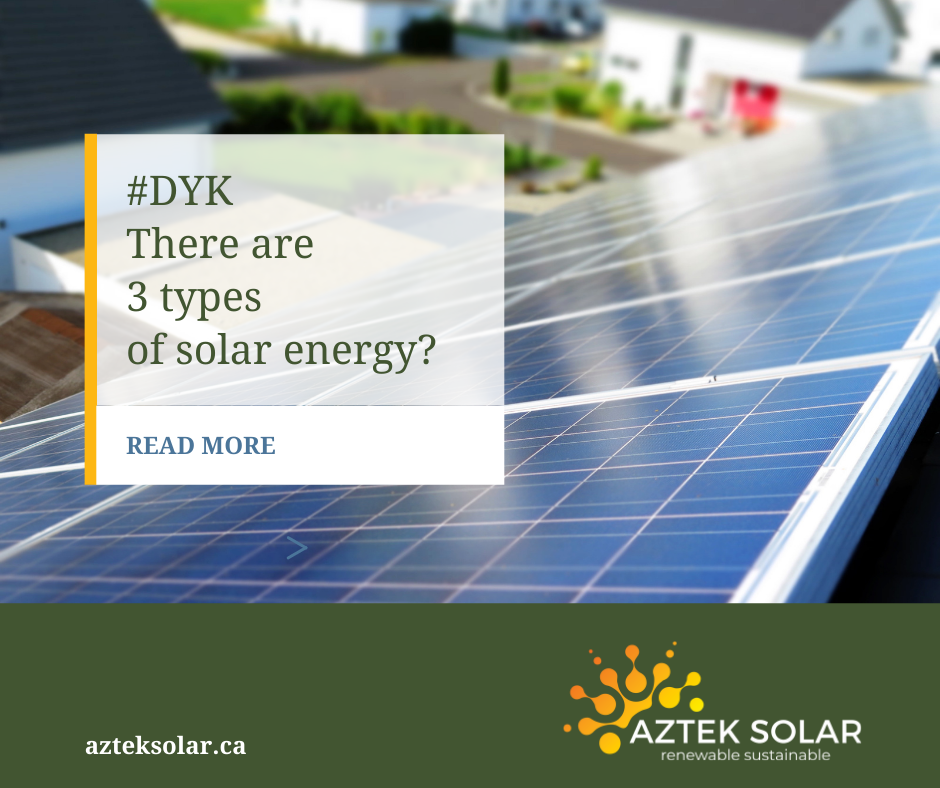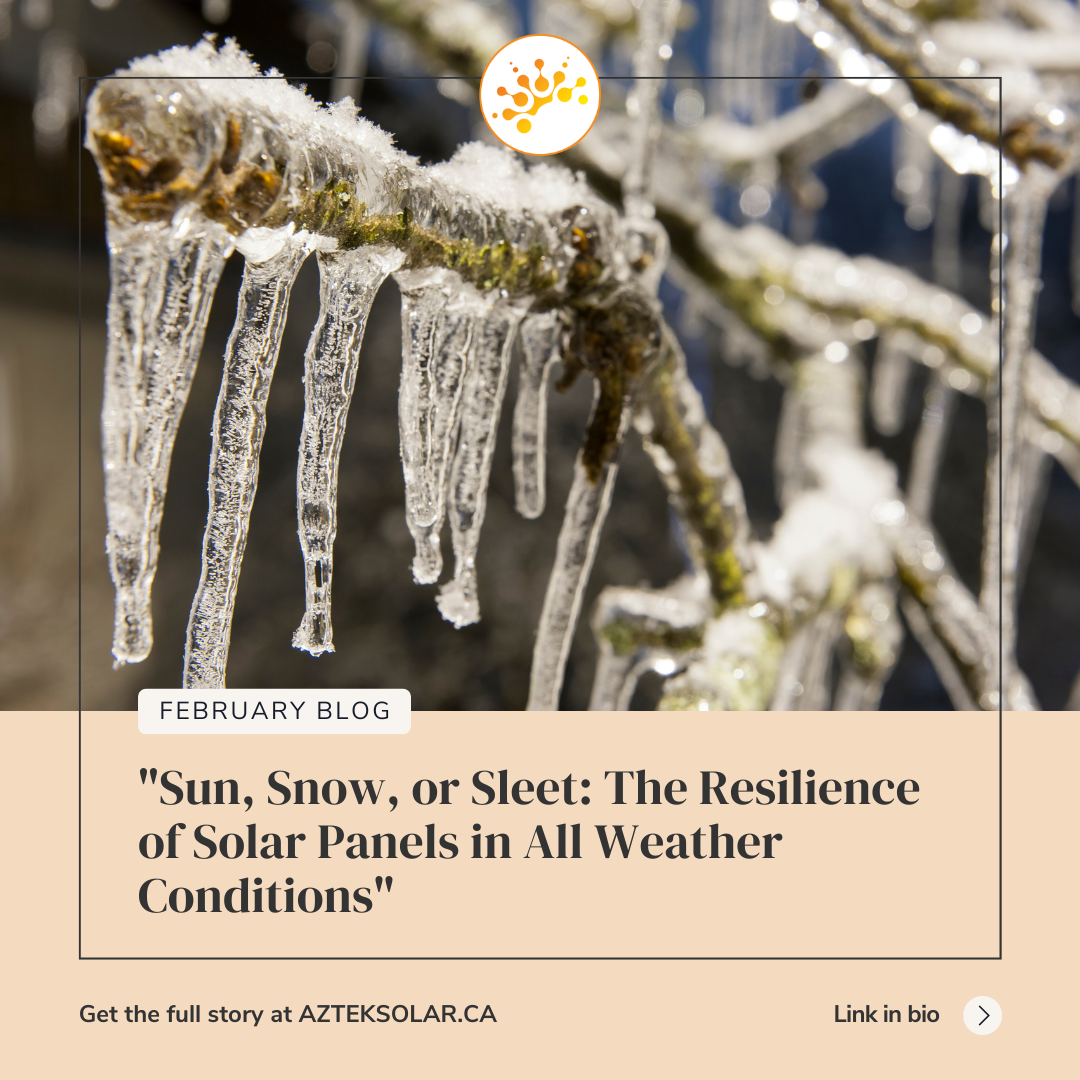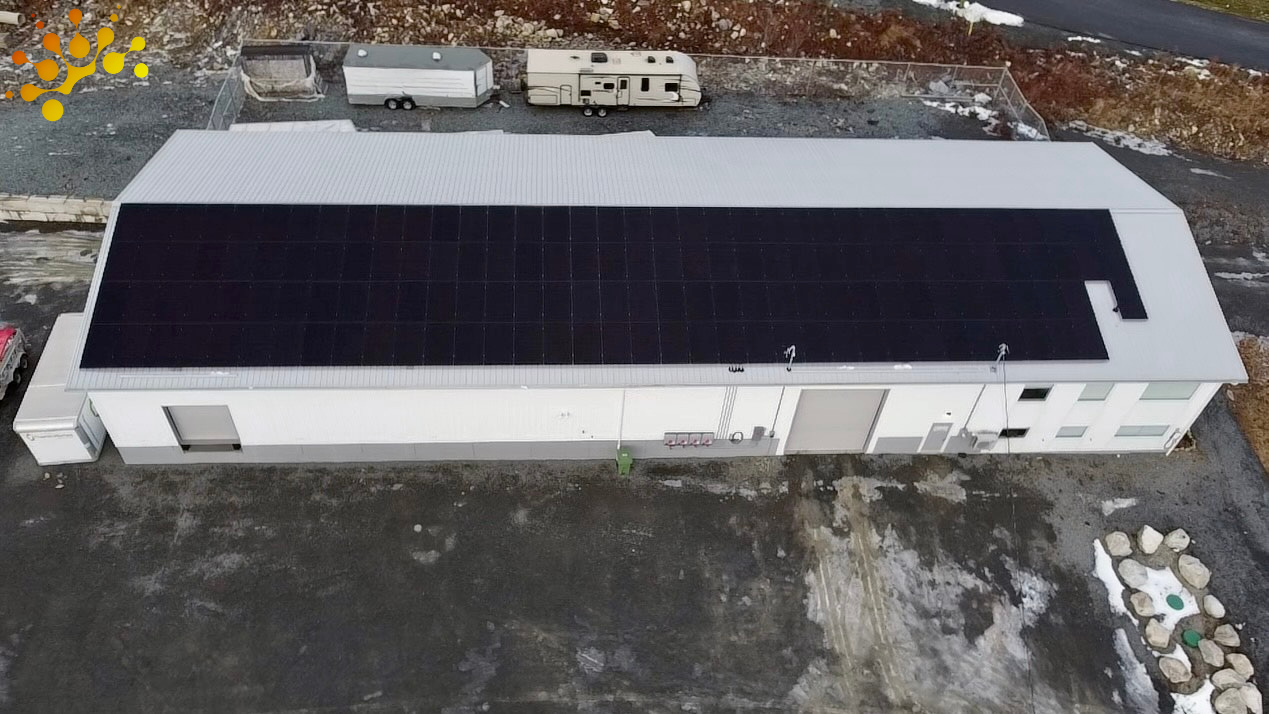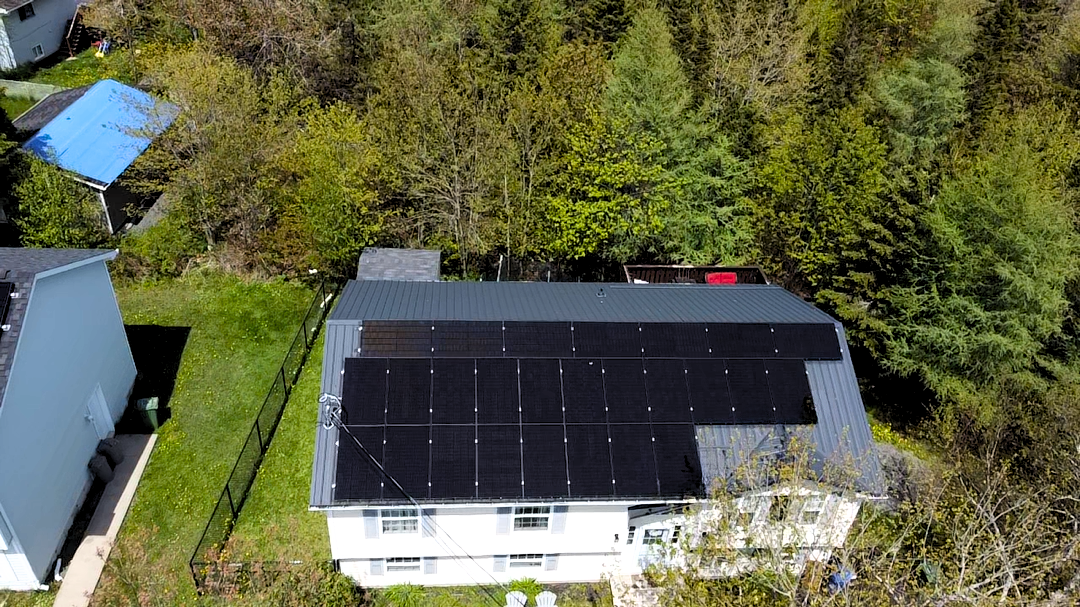What are 3 types of solar?
Let's explore the 3 types of solar, and which one is best to power your whole home.

Solar power is energy from the sun that is converted into thermal or electrical energy. Solar energy is the cleanest and most abundant renewable energy source available in the world. Solar technologies can harness this energy for a variety of uses, including generating electricity, providing light or a comfortable interior environment, and heating water for domestic, commercial, or industrial use.
Types of solar energy
There are three types of solar energy:
1. Photovoltaic solar energy: used to produce electricity;
2. Solar thermal energy: used to heat water;
3. Passive solar energy: which directly takes advantage of sunlight.
Photovoltaic solar energy
Photovoltaic solar energy provides light which is converted into electricity using photovoltaic solar panels. These photovoltaic solar panels are made up of groups of cells or solar cells which transform light (photons) into electric energy (electrons).
Solar photovoltaic energy consists of directly obtaining electricity from solar radiation. This can be obtained thanks to the installation of photovoltaic solar panels, which are made up of silicon cells that transform light and heat from the sun into electric energy. These solar panels can be installed domestically on buildings and homes, as well as on a larger scale at larger facilities.
Solar thermal energy
Solar thermal energy, also known as thermosolar power, uses the sun’s energy to produce heat, which is then used as an energy source at the domestic level (to heat up one’s house, cook or for personal hygiene) as well as at an industrial level, transforming this energy into mechanical energy and from this obtaining electrical energy.
Solar thermal energy provides heat using mirrors so that the sun’s rays can be concentrated into a receptor and reach temperatures of up to 1000°C. The heat is then used to warm up a liquid which generates vapor and moves a turbine which produces electricity. Solar thermal collectors use panels or mirrors to absorb and concentrate solar heat, transfer it to a liquid and conduct it through tubes for its use in buildings or facilities or also for the production of solar thermoelectric energy.
Passive solar energy
Photovoltaic solar energy and solar thermal energy use different technology to capture and process the sun’s energy. This is known as active solar energy. However, solar energy can also be used in a passive way, meaning without needing any type of mechanism to collect and use it. This is the oldest method to take advantage of solar radiation.
The objective is to maximize the existing properties of one’s home:
· Positioning it in the best place;
· Ensuring the building is best oriented;
· Insulating the home;
· Using the best roofing;
· Using protections.
In this way passive solar energy is obtained principally using bioclimatic architecture: a principle of designing buildings where, through the use of different materials and orientations, the energy captured throughout the day is used to keep the building warm at night and to avoid excessive heat during the hours of most sunlight during the day, and therefore reducing the need to illuminate, heat or cool down the building.
If you are looking for a residential solar system and need help figuring out which solar technology is best for you, get in touch with us! At Aztek Solar, we are deeply committed to client service excellence and would love to help you make informed decisions about solar power.

For more information about a Solar Energy Solution, including Whole Home Solar PV and Solar Pool Heating solutions for your home or business, please contact AZTEK SOLAR for your free on-site evaluation.
AZTEK SOLAR is a leading Nova Scotia residential and commercial solar installer, serving Halifax, Dartmouth and the surrounding areas throughout rural Nova Scotia.
With expertise in a wide variety of systems, including Solar PV (grid-tied) systems, solar hot water and solar pool heating systems, AZTEK SOLAR has helped hundreds of Atlantic Canadian homeowners, farm operations, business owners and municipalities lower their energy bills while reducing their carbon footprint.
#SolarIsNow #RenewableEnergy #AztekSolar


